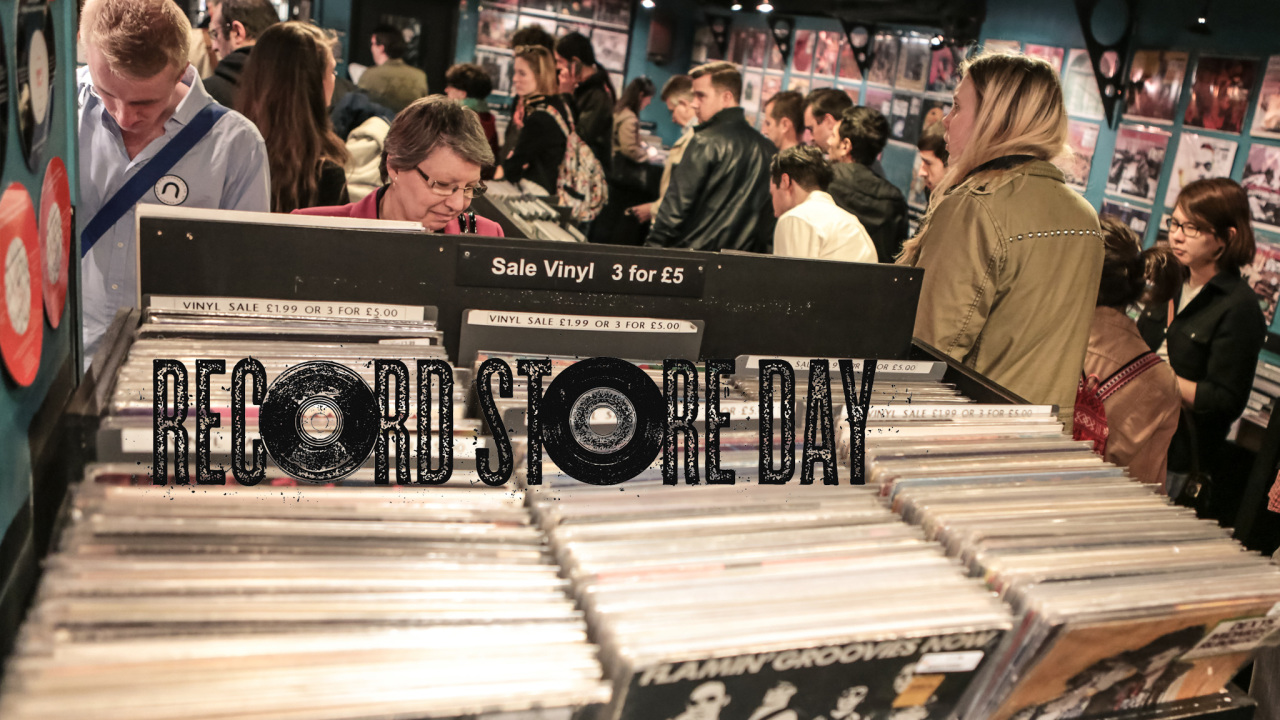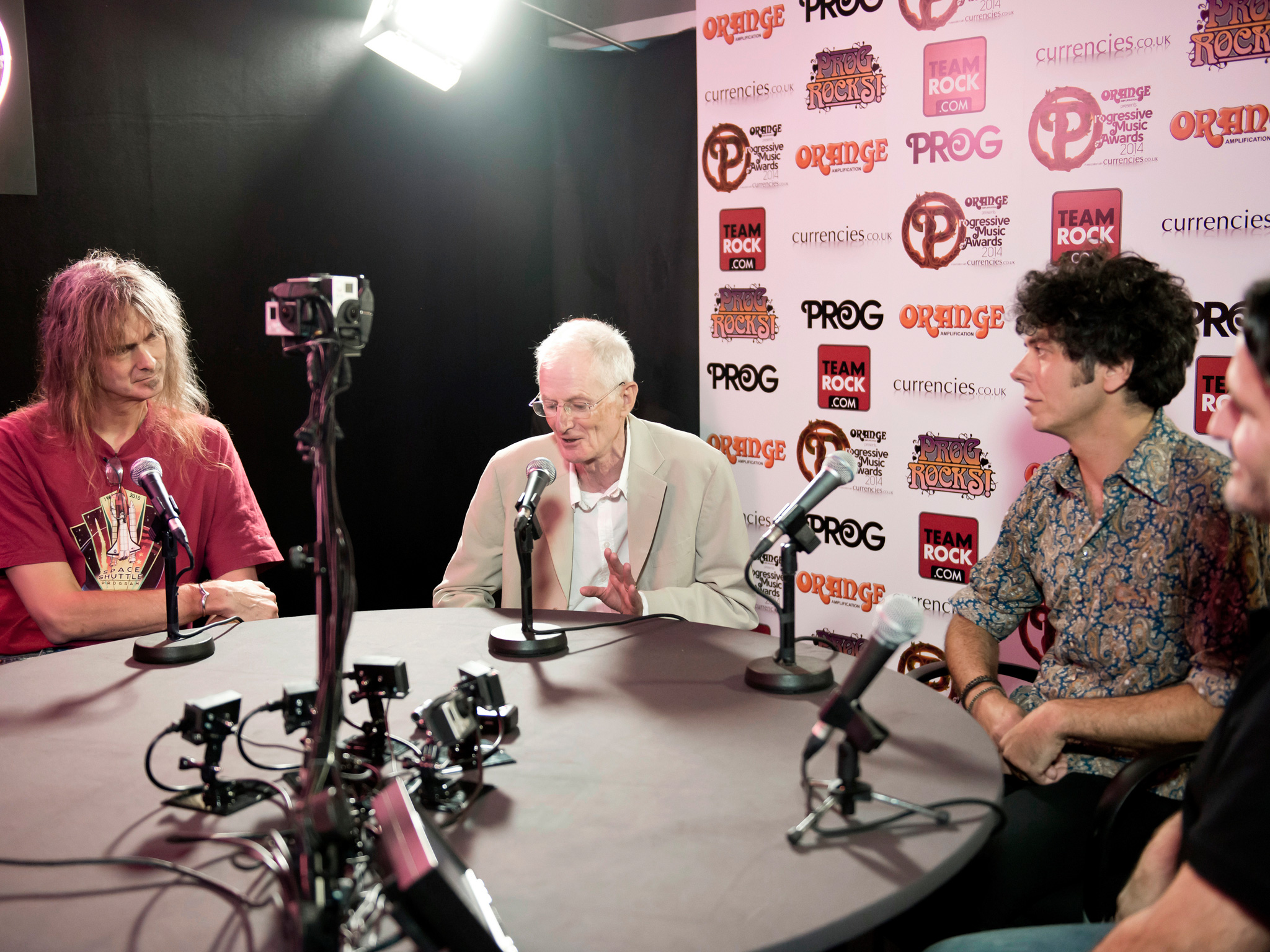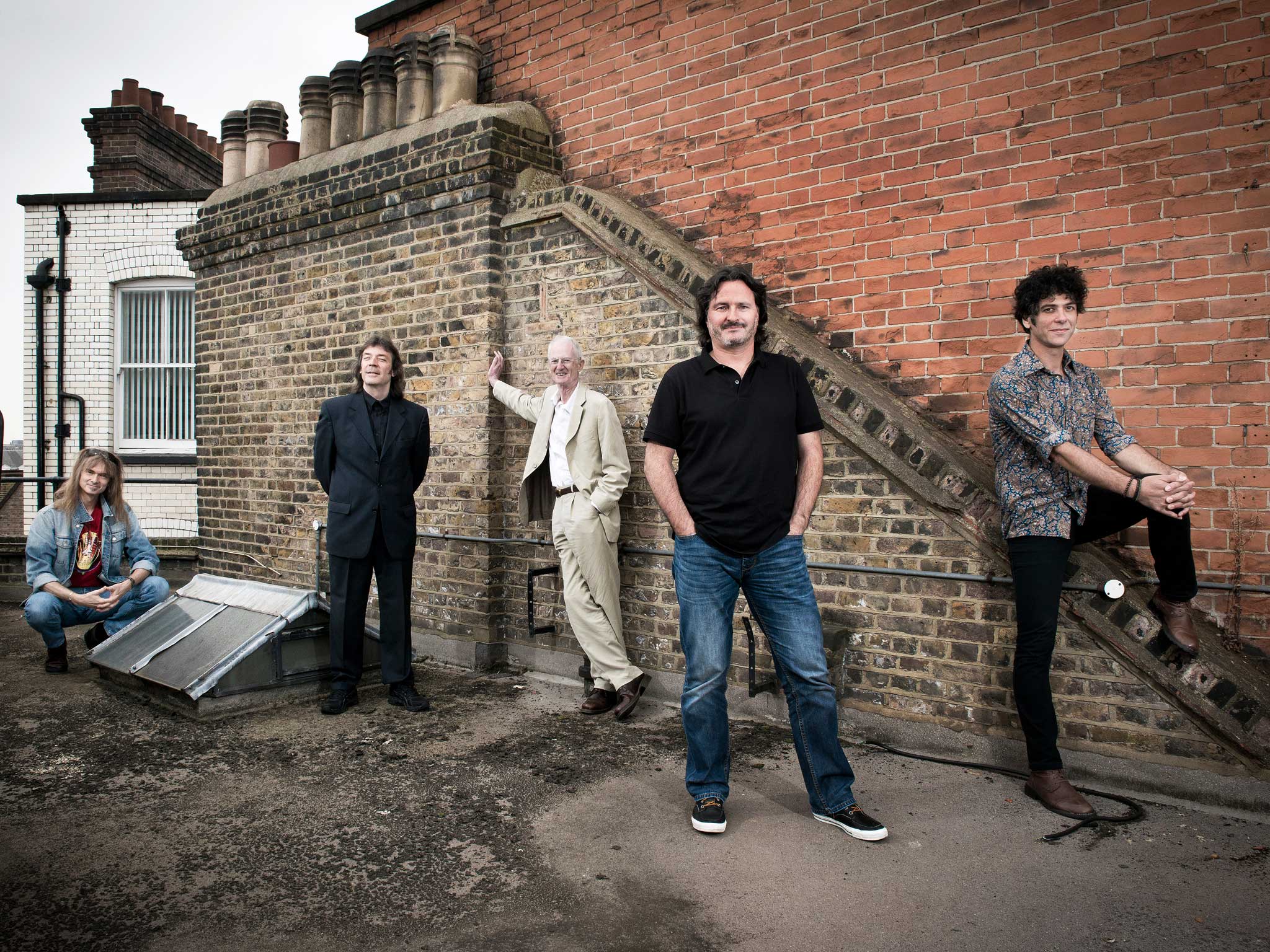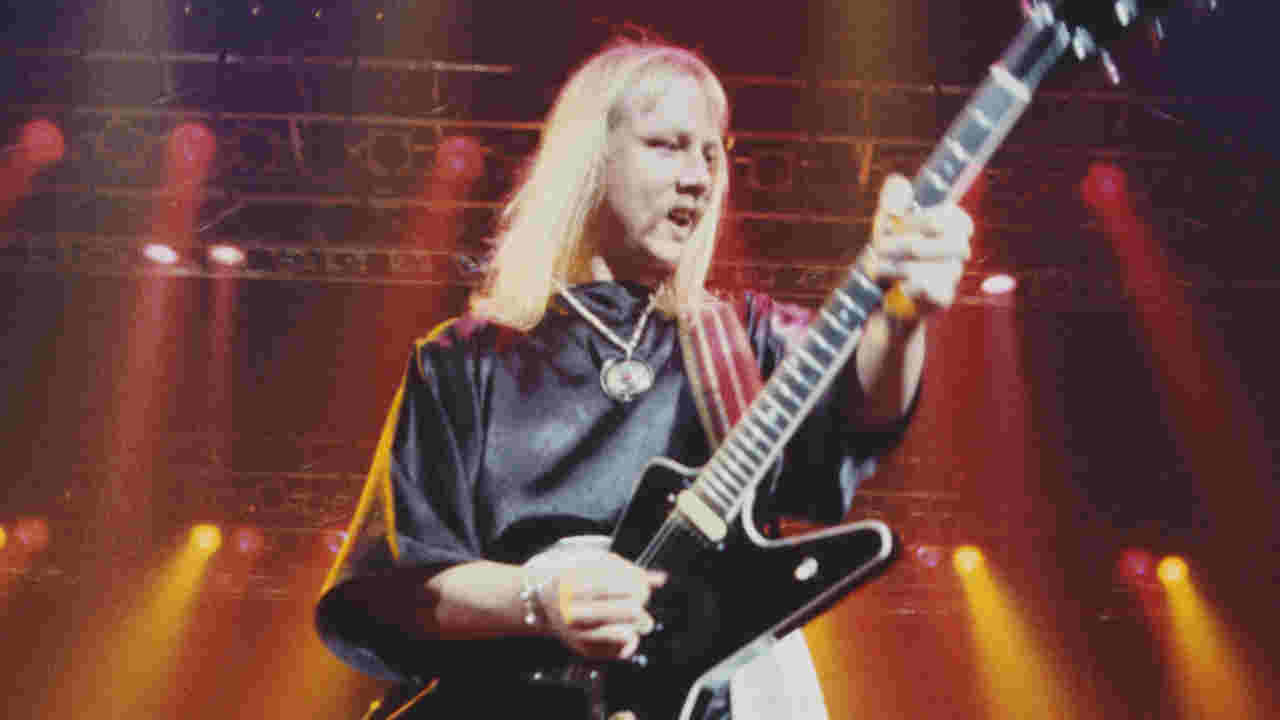Record Store Day Round Table
Prog rockers talk about their favourite record shops

Last year’s ProgRocks! roundtable got talking about record shops…
In September last year, on the day of the annual Progressive Music Awards, a roundtable of top names gathered at the HMV store in Oxford Street. It was to discuss collaborations in prog. But just before this happened, they briefly chatted about their love of record stores. So, as this is Record Store Day, it’s a good opportunity to eavesdrop on these passionate reminiscences. Chaired by Prog editor Jerry Ewing, here are the views of Steve Hackett, Peter Hammill, Arjen Lucassen, Kavus Torabi and InsideOut Records boss Thomas Weber.
JE: Looking back to your first experience of a record store, was that a big thing for you?
PH: I was at boarding school in the East Midlands. So, my earliest record buying experience was in Derby. It was obviously very provincial, and it was as if stuff was being beamed in from another planet…
SH: My dad brought me down to Oxfrod Street one day and when we came to the HMV store he said, ‘That’s HMV and that’s the dog’. I was probably about three years old and remember thinking, ‘What’s that all about?!’. It was so big.
JE: We now have a romantic vision now of what a record shop should be.. Did you have that romantic notion back then?
PH: The little record store in Derby where I went all the time was like a magic cave as opposed to an enormous emporium. So, yes there was a romanticism for me.
Sign up below to get the latest from Classic Rock, plus exclusive special offers, direct to your inbox!
JE: Was going to a record store back then also a place that became as much a social occasion as a musical one?
PH: It was half and half for me. The East Midlands was the great stronghold of soul music. So, going out was all about getting onto that scene. But listening to music was more about discovering interesting bands. I was divided. I wasn’t actually sharing that much music with other people. It was about what made sense to me rather than interacting with others.
TW: To me, it was about discovering bands, like Queen.
AL: In Holland, it was all small shops. I went to every one and it was the way you discovered new names. You go in and listened to records, but you didn’t necessarily buy anything. There were 20 shops where I knew I could go and listen to different stuff. It was about my personal love of music, not about being sociable.

KT: My era was 1980 onwards and I was obsessed with vinyl. I didn’t get a CD player until I was 25. And only then because they stopped putting music out on record. It started in Plymouth for me. The Virgin Megastore was a dangerous sort of place. There was a wall full of punks outside. I was 12 years old going in on my own to buy my Black Sabbath record, and being scared of these punks. But it was exciting to go past this stronghold of mohicans.
JE: Thomas, what was it like in Germany?
TW: We didn’t have big shops. There was one I recall in Cologne, and we all used to save up money, get one of our parents to drive us there and come back with bags full of vinyl.
**JE: **All of you have had your records in shops. What was it like the first time you went in to a record shop and saw your own thing there?
SH: It’s funny. I do recall Notting Hall Gate had a Smith’s and I went in there one day and they were playing The Lamb Lies Down On Broadway; it was a guitar instrumental. I thought ‘Perhaps we’ve made it!’. It seemed weird.
TW: I would say it’s still exciting to travel round the world and see stuff you’ve worked on. I can’t recall what the first time was. But to know it still happens gives you a buzz.
SH: I do remember the first time I made a record, and went into a shop and said, ‘Have you got such and such by Quiet World’, who wee the band, and they said… ‘No’. You have to go through that shock. Then my mum said, ‘They haven’t got your record? Welcome to the real world!’.
AL: I was worse. I took my passport to the record shop. I stood next to my first album, the self-titled one by Bodine in 1981, and if someone picked it up, I would show them my passport, to prove who I was!
PH: It would have been great have a physical copy of Van Der Graaf Generator’s first single. People You Were Going To. Just to be able to record something was incredible; I ’d have paid money to do that, but then to have a copy in your hands, that would have been special. But the single was withdrawn after a week, for legal reasons, so I never did get to see it in a shop. I recall seeing the first VDGG bootleg in a shop, though, and I thought that was great. When bootlegs started they were a fan driven thing; it wasn’t the remorseless industry it became. It was fans wanting something extra, and they would still buy all the official releases.
KT: My first record was by a band called The Monsoon Bassoon. It was sandwiched in the ’M’ section, between The Monkees and Monster Magnet. It was a CD, sadly. But it still gave me a great feeling.

Malcolm Dome had an illustrious and celebrated career which stretched back to working for Record Mirror magazine in the late 70s and Metal Fury in the early 80s before joining Kerrang! at its launch in 1981. His first book, Encyclopedia Metallica, published in 1981, may have been the inspiration for the name of a certain band formed that same year. Dome is also credited with inventing the term "thrash metal" while writing about the Anthrax song Metal Thrashing Mad in 1984. With the launch of Classic Rock magazine in 1998 he became involved with that title, sister magazine Metal Hammer, and was a contributor to Prog magazine since its inception in 2009. He died in 2021.

